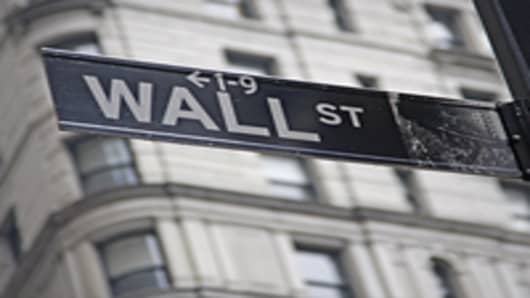Maybe the smart money isn’t really all that smart after all.
For most of this year, the overwhelming majority of hedge funds have underperformed major stock benchmarks, a development that undermines the idea of mega-investors as market-beaters.
According to a report from investment bank Goldman Sachs , only 11 percent of hedge funds outpaced the S&P 500 through August 3. The report analyzed 699 hedge funds with $1.2 trillion of gross equity positions.
The average hedge fundreturned just 5 percent year-to-date, while the S&P 500 was up nearly 12 percent. Meanwhile, the average large-cap core mutual fund posted a 10 percent gain.
A mere ten percent of hedge funds posted returns greater than 15 percent, while a fifth of hedge funds posted an absolute loss year to date. (Related:Dumb Money: Hedge Funds Can't Even Beat Bond Funds).
Hedge fund returns are highly dependent on a handful of key stocks. The typical hedge fund holds nearly two-thirds of its long equity assets in its 10 largest positions. For the typical mutual fund, that number is closer to 36 percent. (Read More: Yikes! Hedge Funds Caught With Their Pants Down).
As the Goldman study noted, being bullish on a small community of stocks functions as a double edged sword. The ownership concentration strategy tends to work in a rallying market, but performs poorly during choppy or flat markets, the study said.



